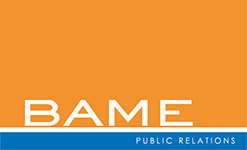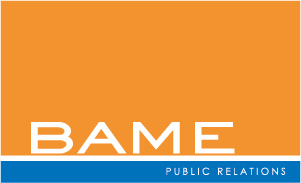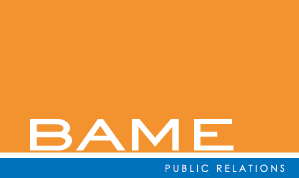When to Politely Decline a Media Request
The old cliché about publicity is that any kind, even bad publicity, is a good thing. Like many old clichés, this one deserves to be relegated to that place where old clichés go when they are tired and worn out.
Not all publicity is good, especially in the legal industry. But it is often difficult to determine whether an opportunity is good or bad, and that’s when the wisdom of PR professionals can offer tremendous value. This is one of the little-noticed, but most important jobs of a law firm PR person. Just as lawyers are called on by clients to share their perspective, point of view and help weigh relative merits, we help our clients determine which opportunities are worth exploring and which deserve a polite “no thank you.”
To illustrate this point, here are some real-world examples of when it is best to pass on an “opportunity”:
- When the opportunity has the potential of damaging a client relationship. I don’t just mean an actual conflict of interest but any occasion when a firm client could be upset. Suppose, for example, that a patent lawyer is asked to explain in the press why Microsoft may have infringed on a small software company’s patent. Your firm doesn’t represent Microsoft, but it does represent other large tech companies. A quote explaining why Microsoft might be liable for hundreds of millions of dollars wouldn’t technically violate any client relationship or disclose a client confidence, but the existing client might be unhappy.
- A closely related topic: Rarely, but importantly, when you or the firm have a “history” with the reporter or publication. Consider a hypothetical website dealing with nutrition and food issues and also has a clear agenda of opposing the products and views of companies that it calls Big Food. In the past, that website’s reporters have written about your law firm and its clients in ways that you consider unfair. It might be best to brush off a call from that publication on the reasonable assumption anything your lawyer may say about a food-labeling brouhaha in Congress would likely be distorted.
- When the opportunity presented to the lawyer has no reasonable relationship to the lawyer or firm’s business or mission. Say an insurance lawyer specializing in complex coverage disputes gets a call from a reporter about how people should best exchange insurance information after a traffic accident. Even if the lawyer can answer the question intelligently, this article is not going to help her develop the kind of high-value business that she and the firm wants.
- When the subject or topic attaches your lawyer or firm to a topic it would be best not to be associated with. A very recent hot topic is Melania Trump allegedly plagiarizing part of her speech at the Republican convention. Your lawyer may get a call about the legal definition of plagiarism and may be quite adept at explaining this arcane area of the law. It still is probably best to pass, since the firm doesn’t want to become entangled in today’s heated political arena or to appear that it is taking a political stand.




